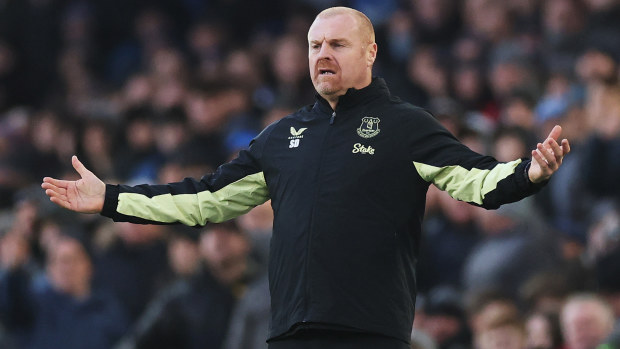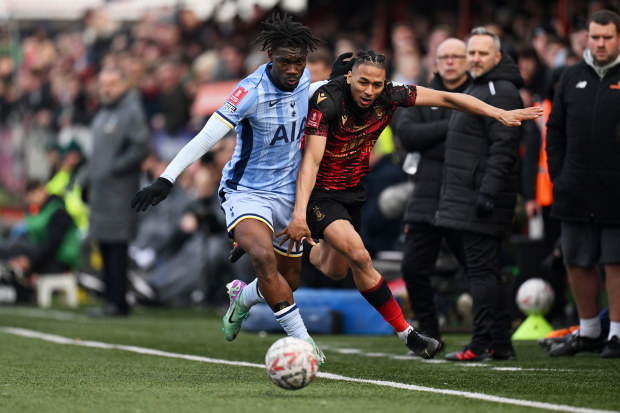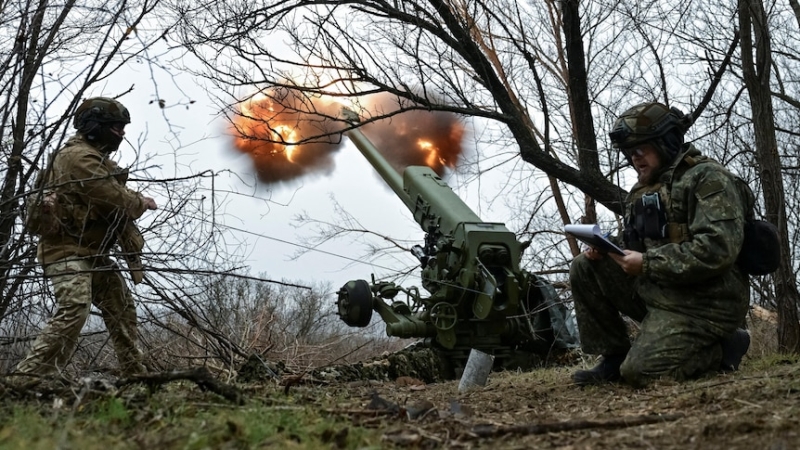In the first big call by its new American owners, Everton fired manager Sean Dyche just a few hours before the struggling Premier League team was due to play an FA Cup match.
Everton made the move with the team two points above the relegation zone and having won just one of its last 11 games.
More surprising, maybe, was the timing of the announcement, which came around three hours before Everton was hosting third-tier Peterborough in the third round of the FA Cup.
The storied club — a nine-time English champion which has been without a major trophy since 1995 — was bought last month by the Texas-based Friedkin Group in a deal reportedly worth in excess of $798 million.
Fronted by Dan Friedkin and his son Ryan, the group also owns Italian team Roma and has made itself unpopular with supporters of the Serie A club for making contentious management changes — including firing Daniele De Rossi, the club’s beloved former captain, early this season.
Sean Dyche was sacked as Everton manager. Getty
Removing Dyche might have been necessary, however, with Everton on a dreadful run of form and having scored in just three of its last 11 matches. With 15 goals from its 19 games, Everton is the second-lowest scorer in the division and has plunged to just one point above the bottom three.
“The process to appoint a new manager is underway and an update will be provided in due course,” Everton said in a statement.
Leighton Barnes was asked to coach the team on Friday morning and said the situation was "different" and the starting XI had already been picked beforehand.
David Moyes, who managed Everton from 2002-13, has been linked with the vacancy. In October, Jose Mourinho — the current coach of Fenerbahce — spoke openly about wanting to return to England to manage a team near the bottom of the standings and not in UEFA competition once his time in Turkey came to an end. Mourinho has coached Chelsea, Manchester United and Tottenham in the Premier League.
Dyche was in charge for nearly two years, during which he maintained Everton's status as an ever-present in England's top division since 1954. His style of play was pragmatic and often turgid, relying on not conceding goals more than providing entertainment — and that might be something the Friedkins look to change.





